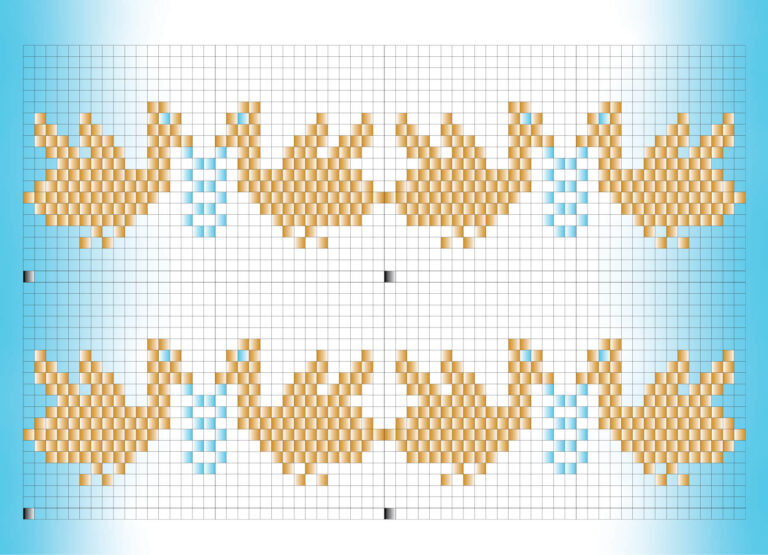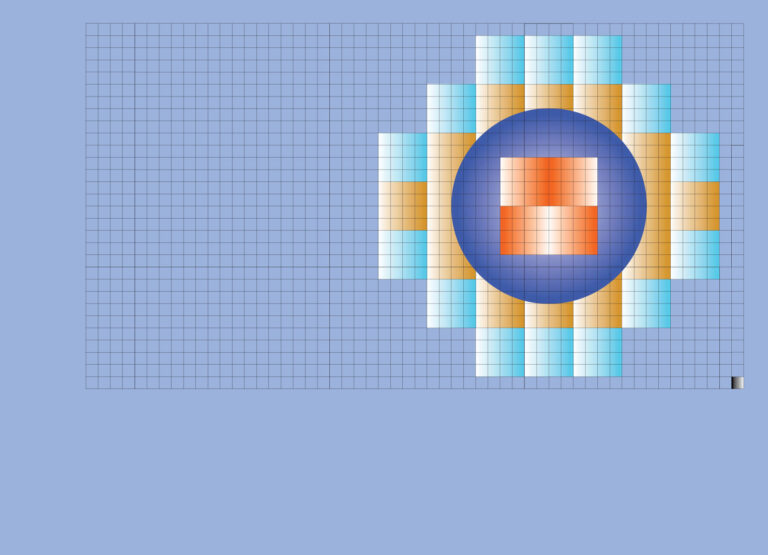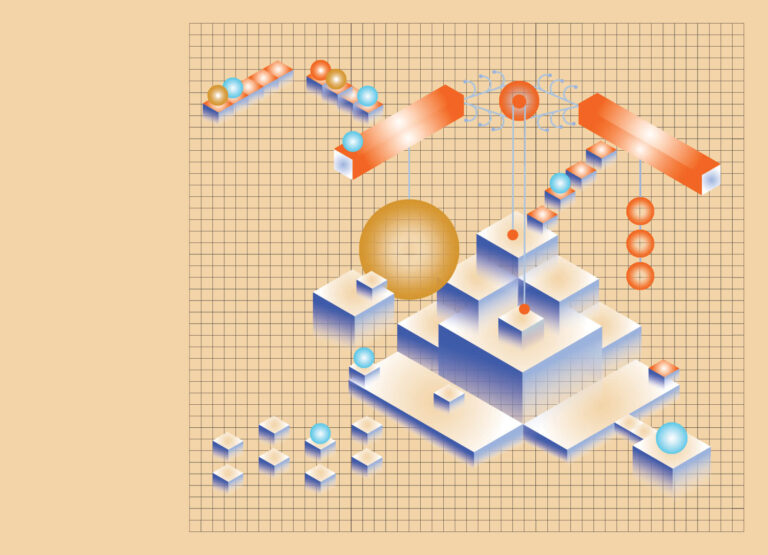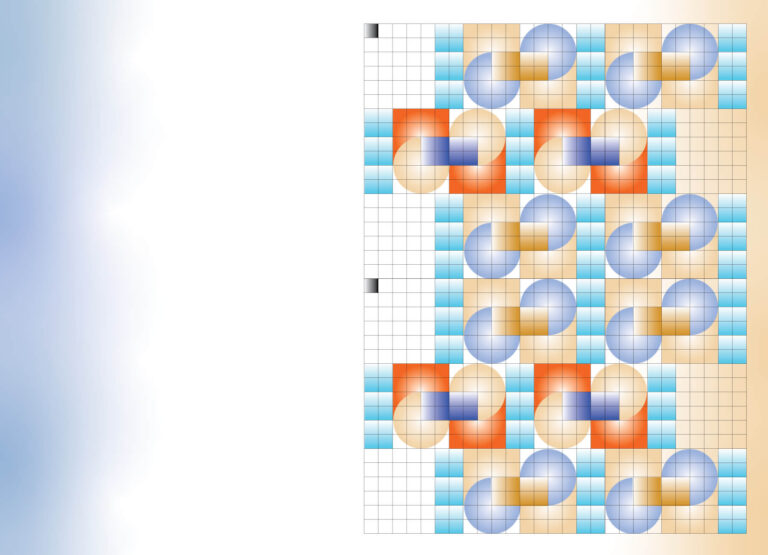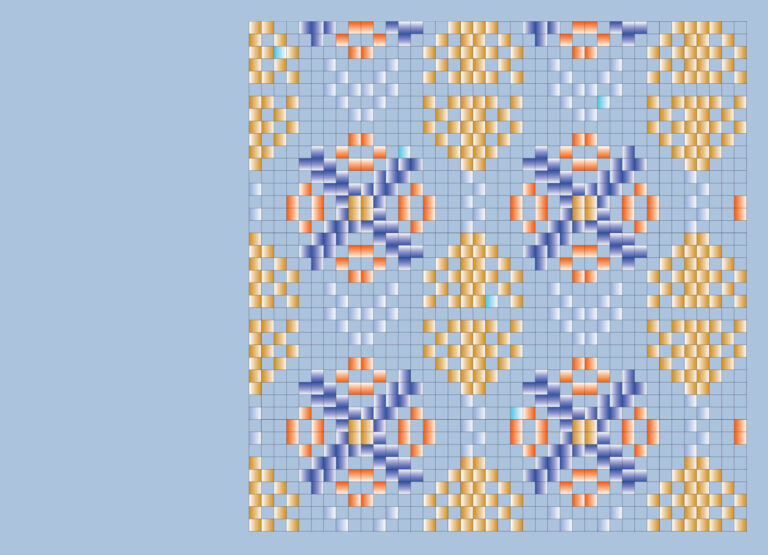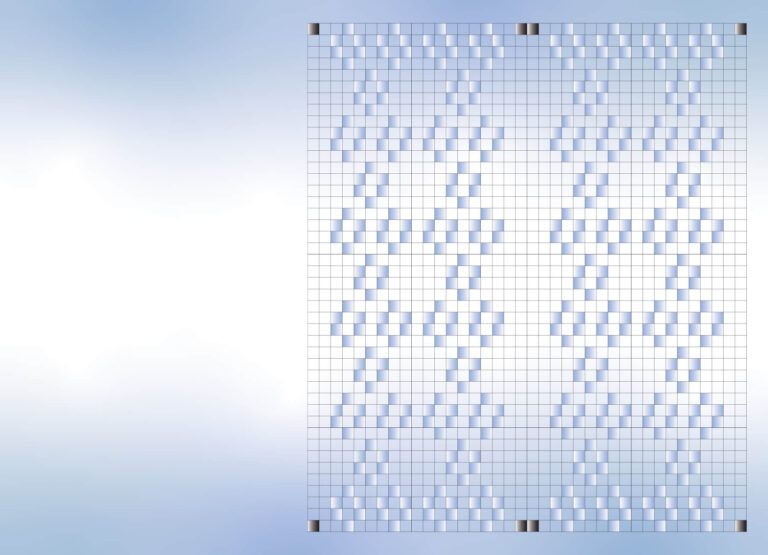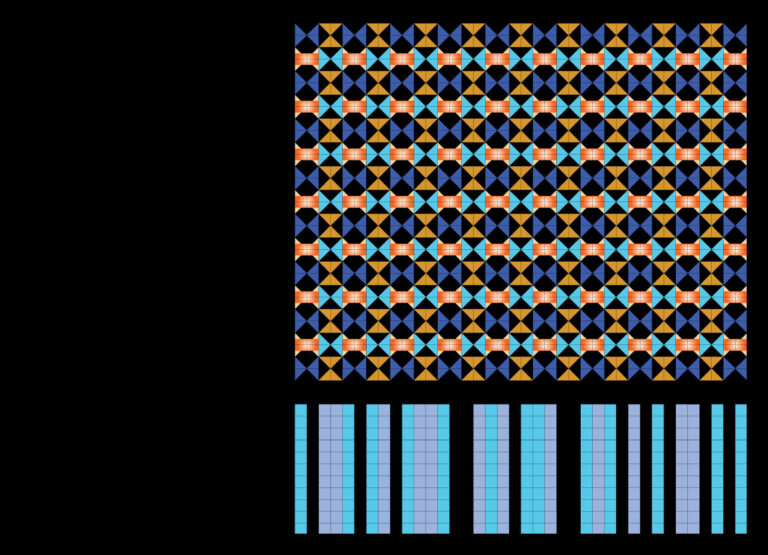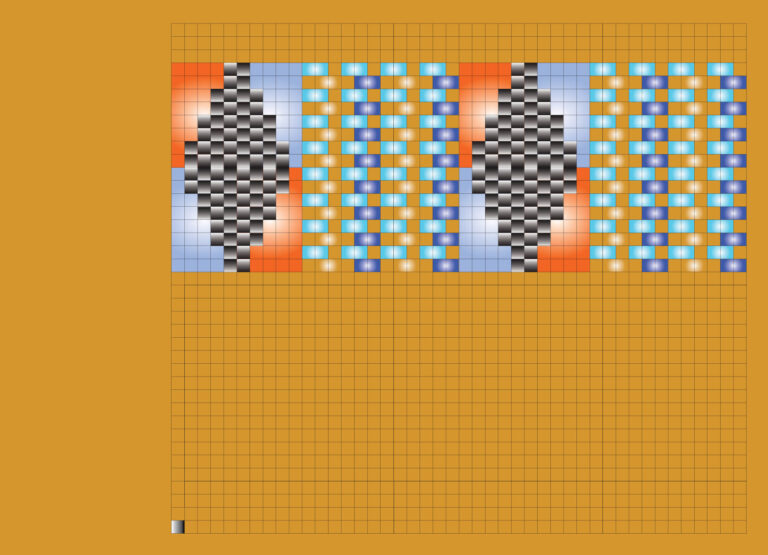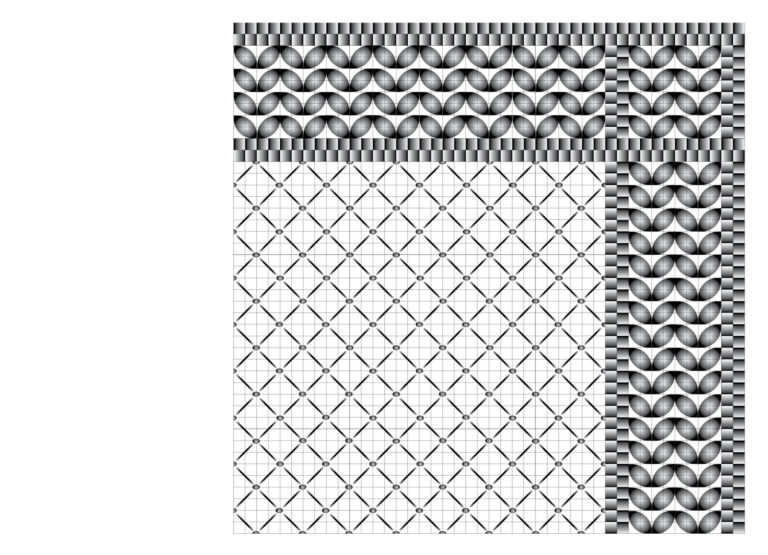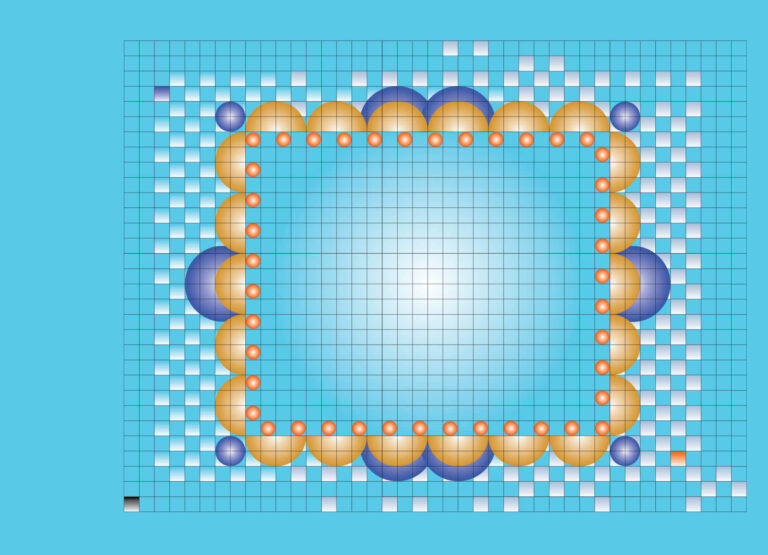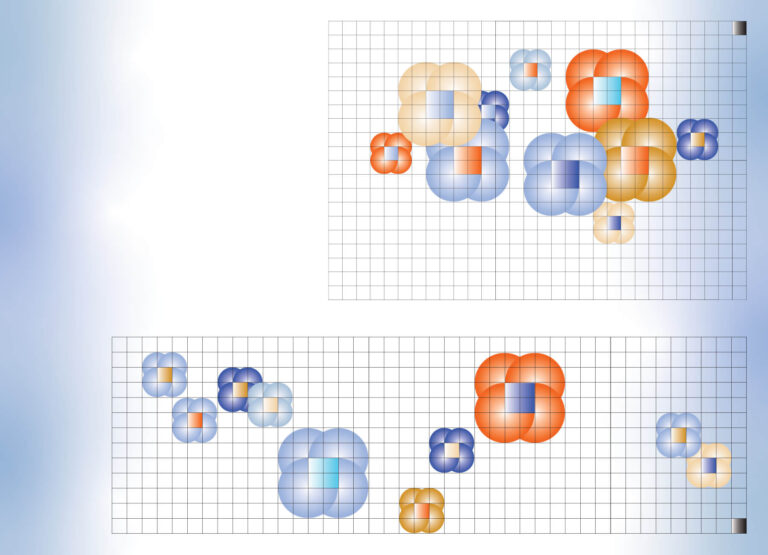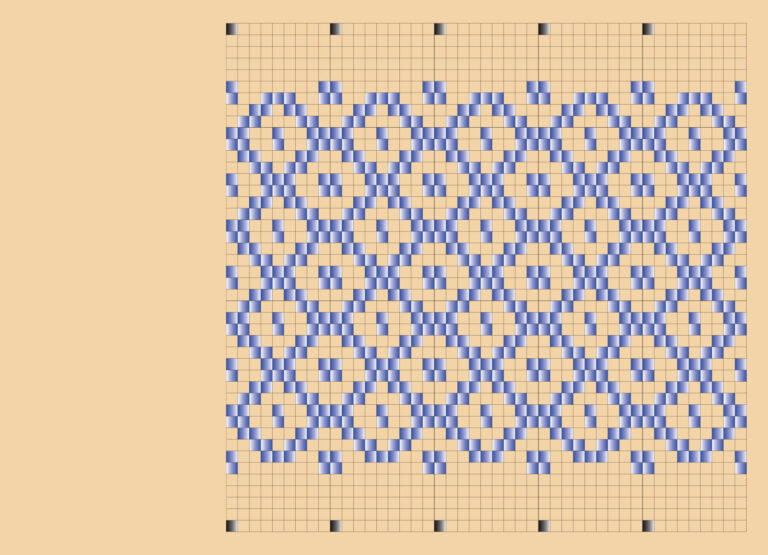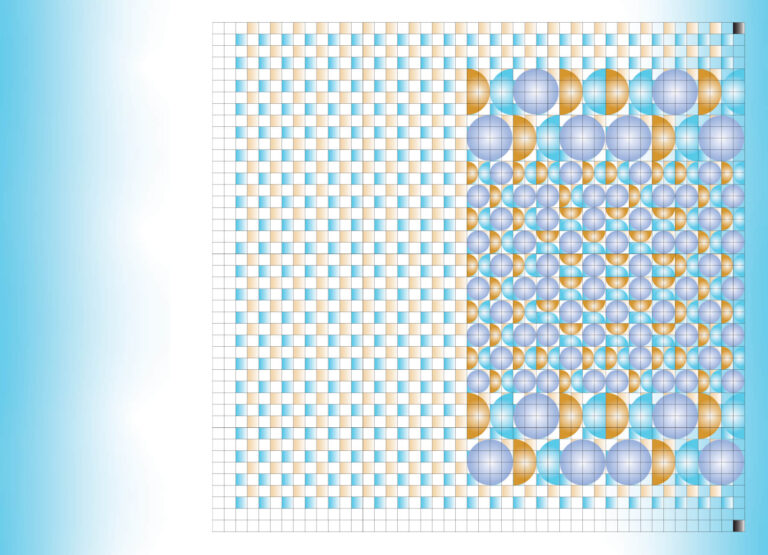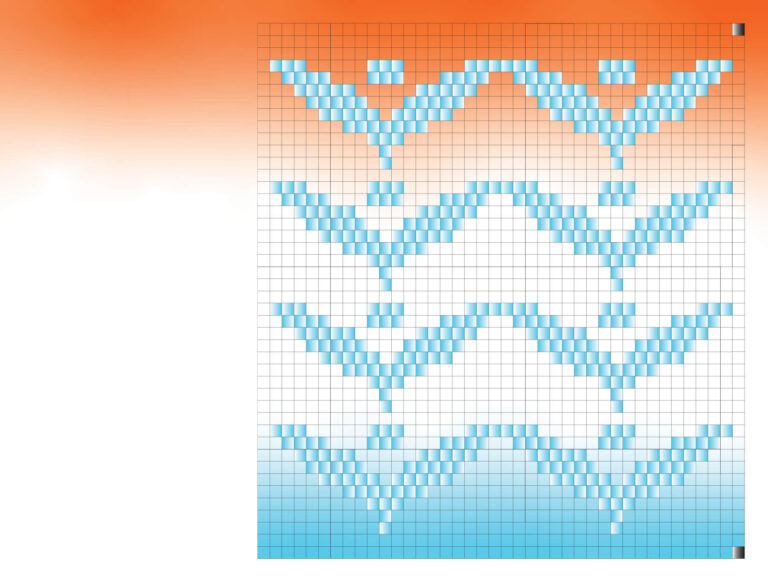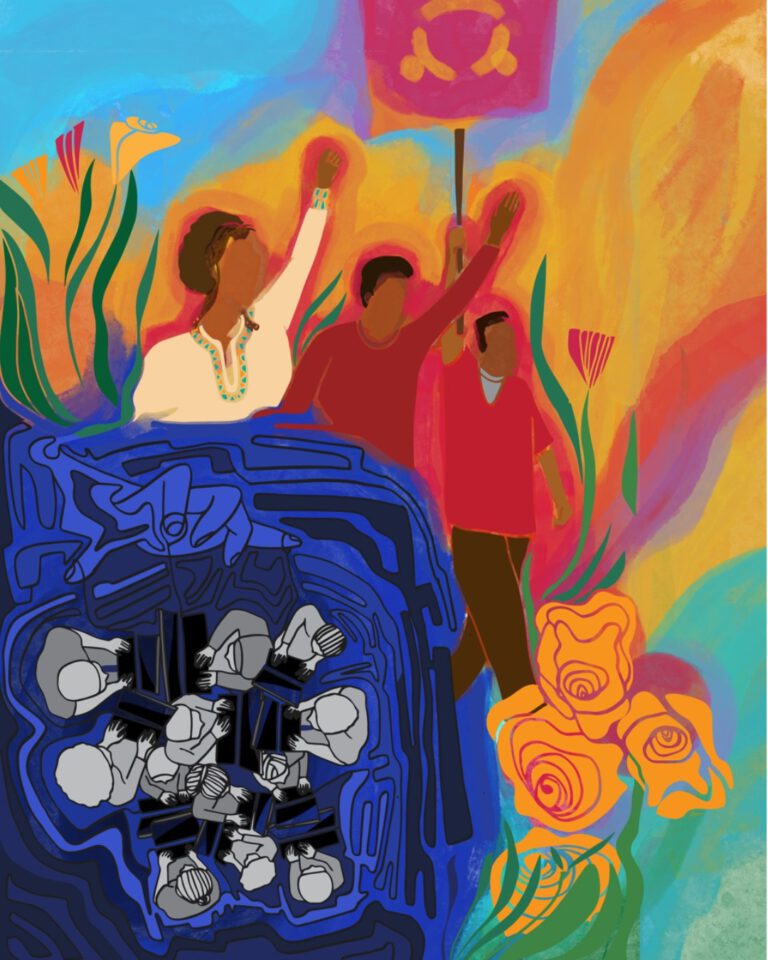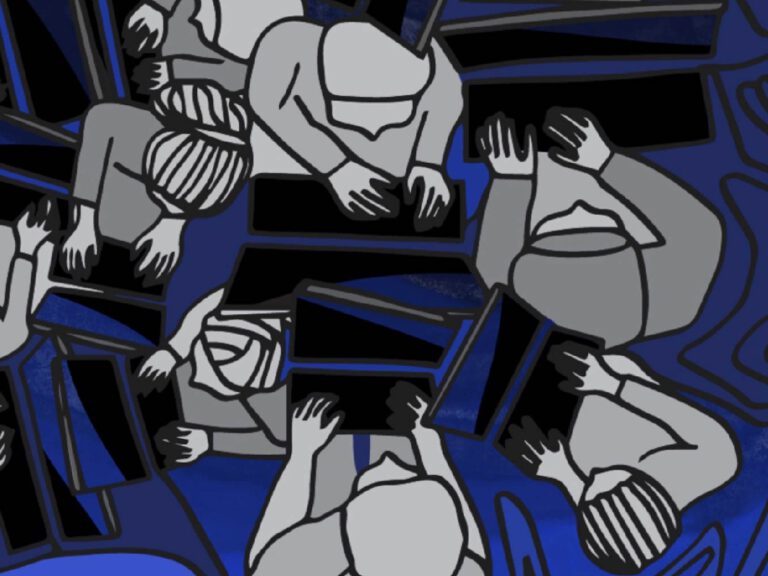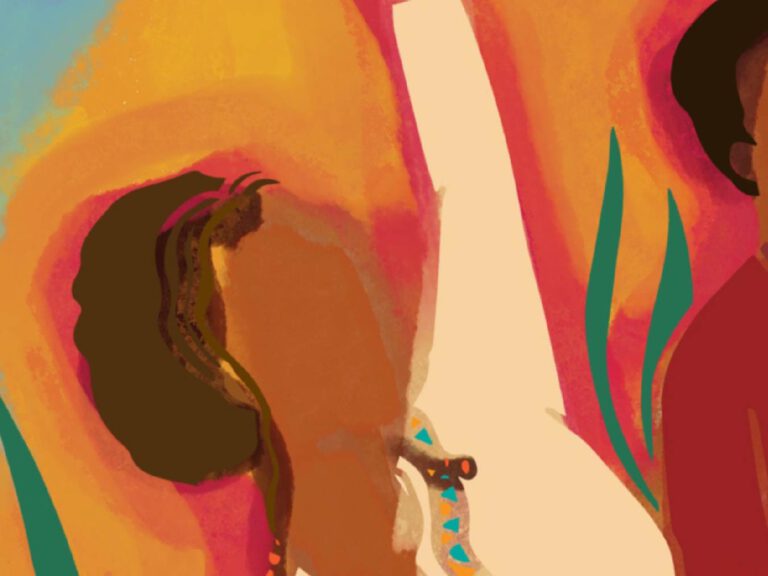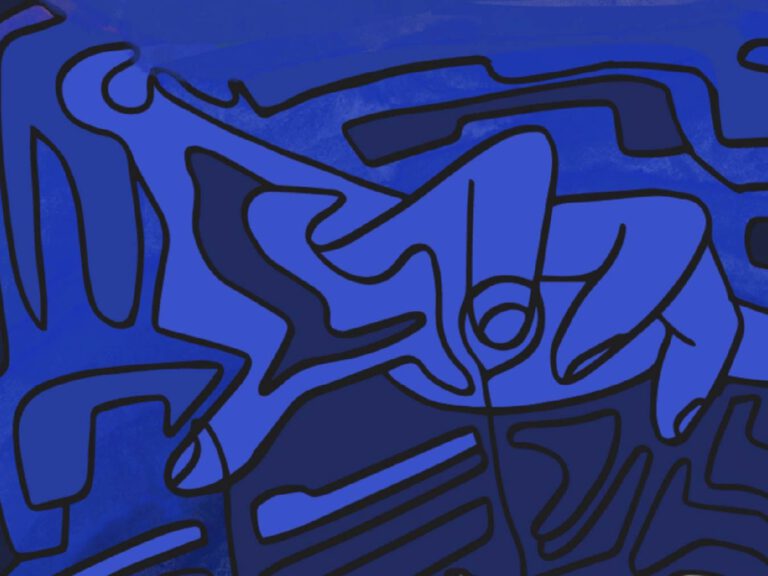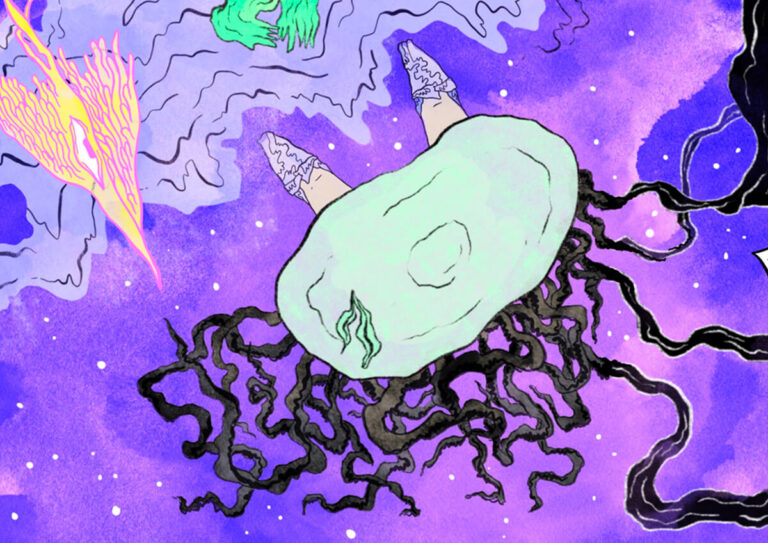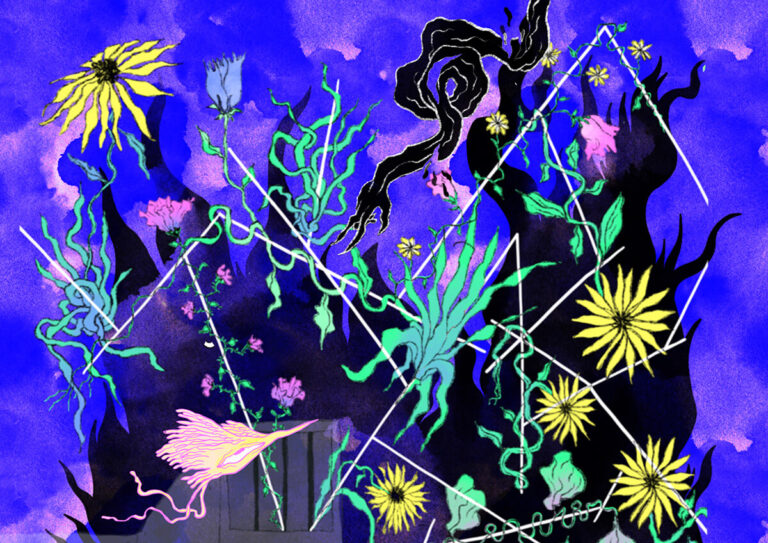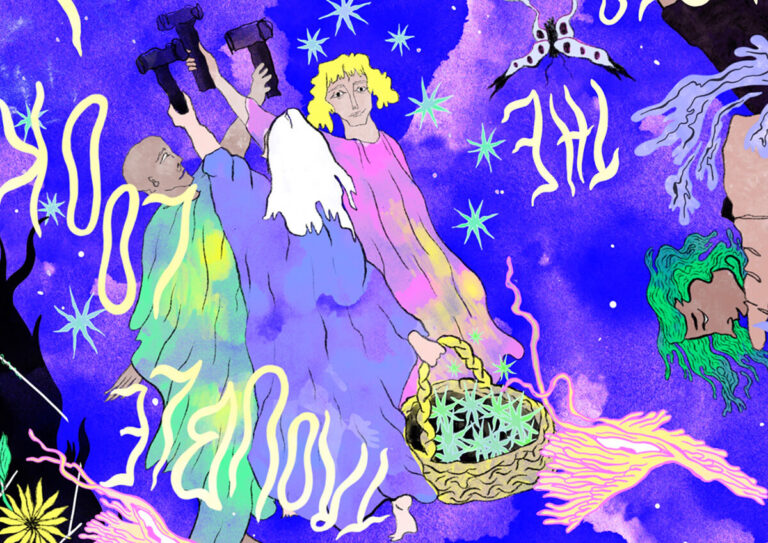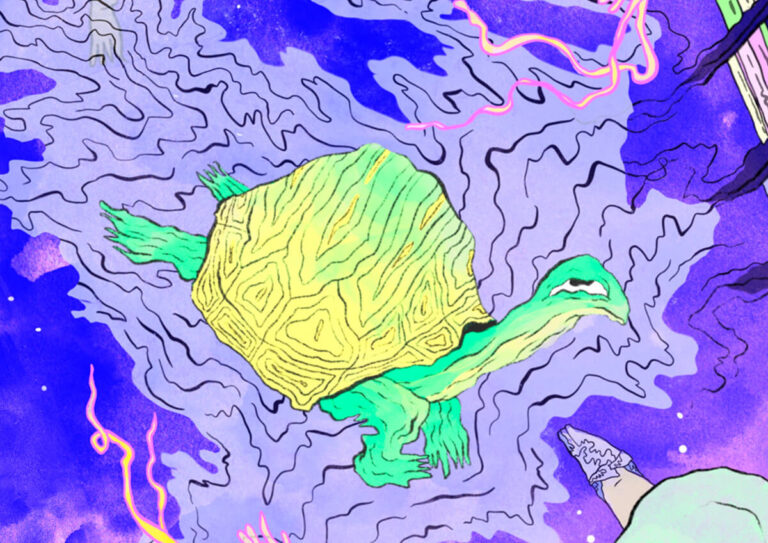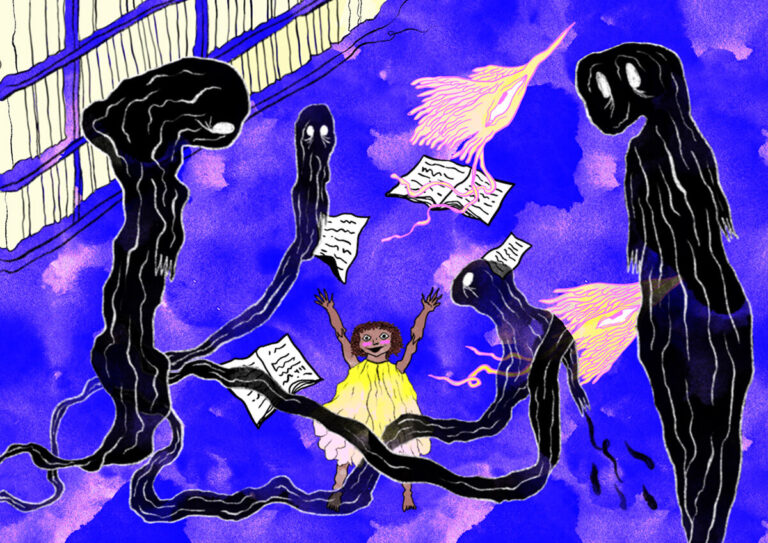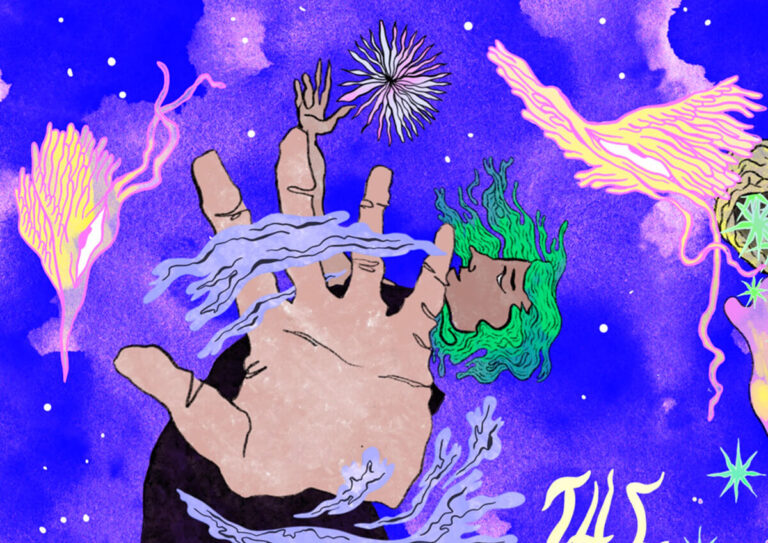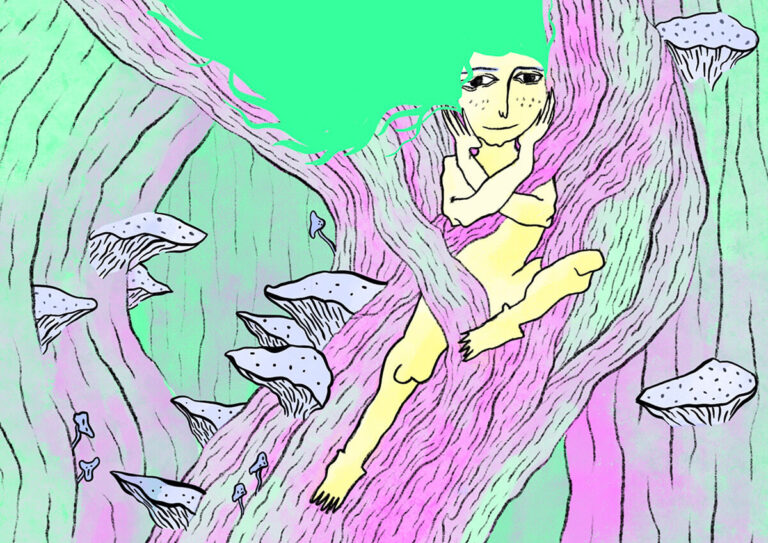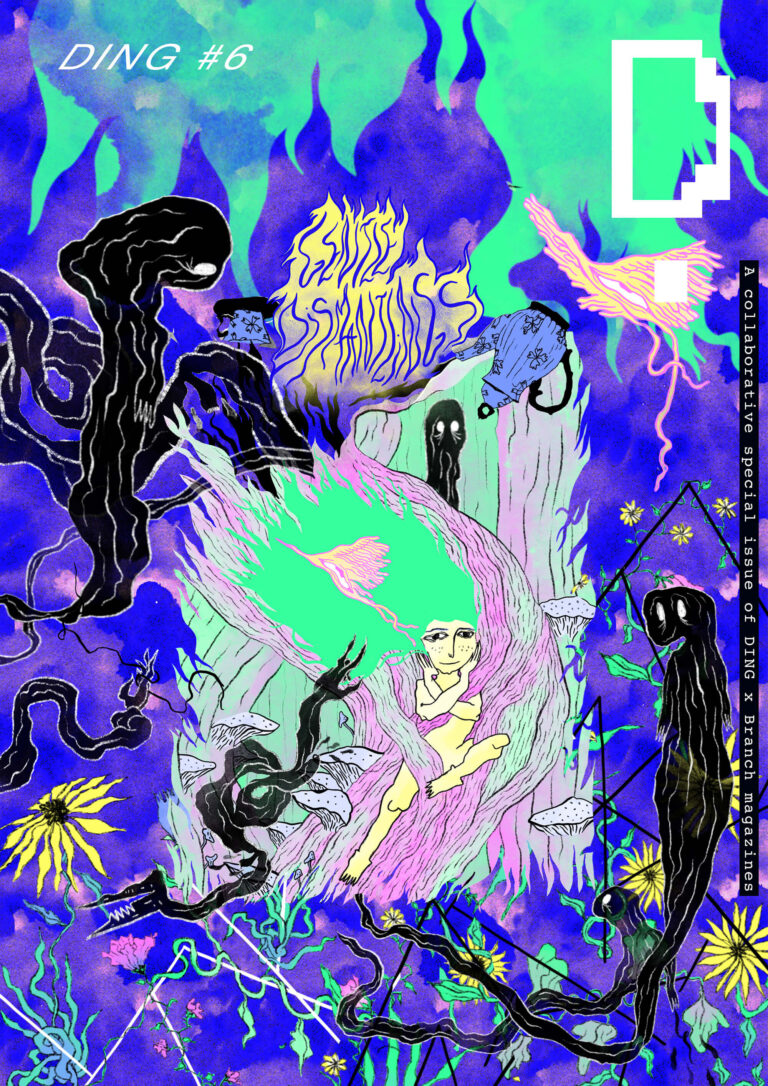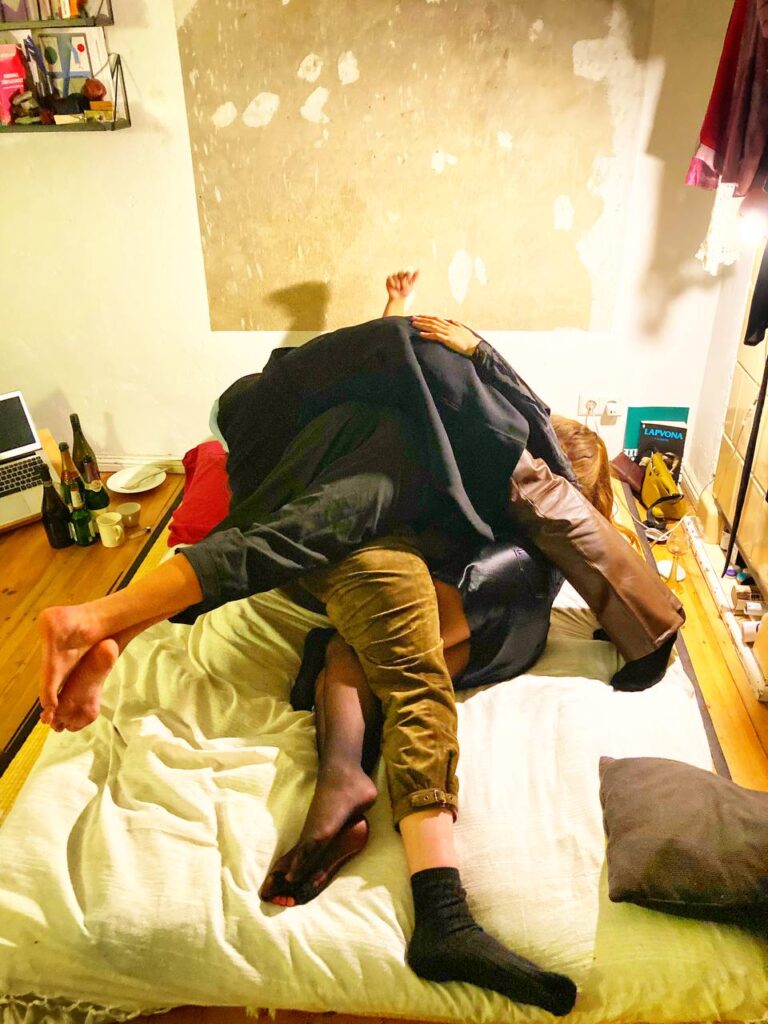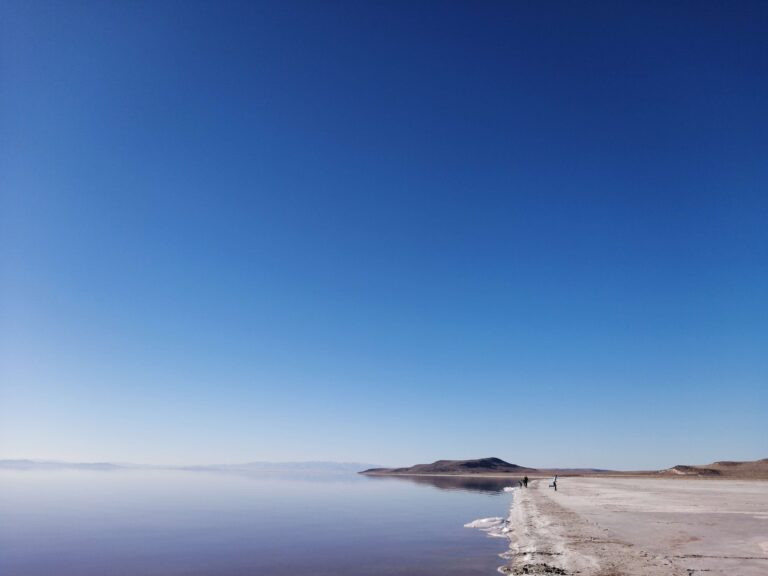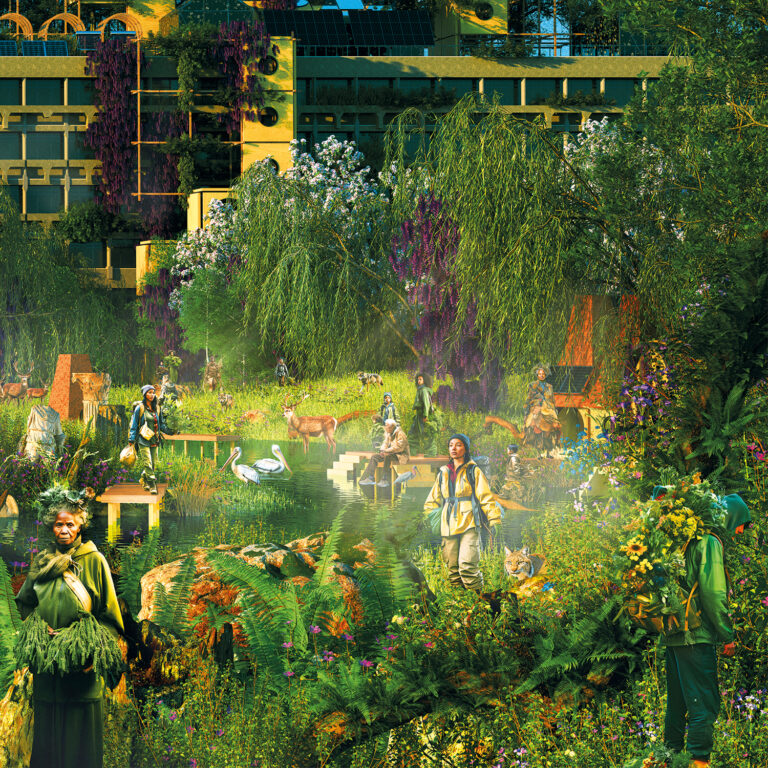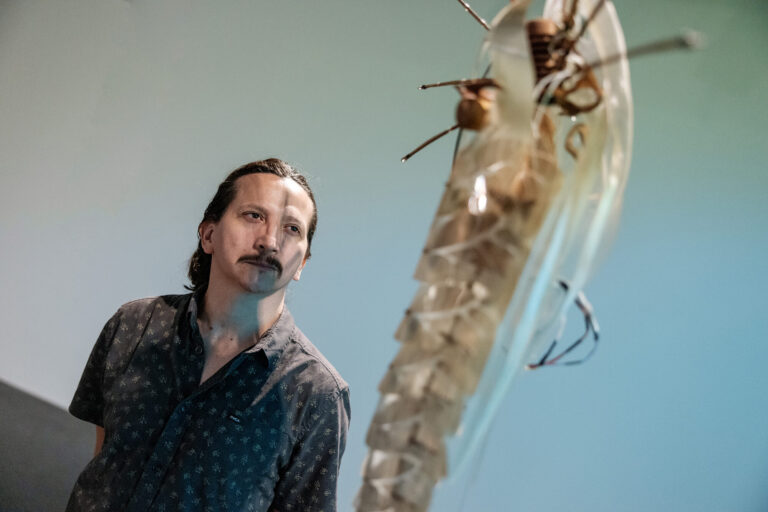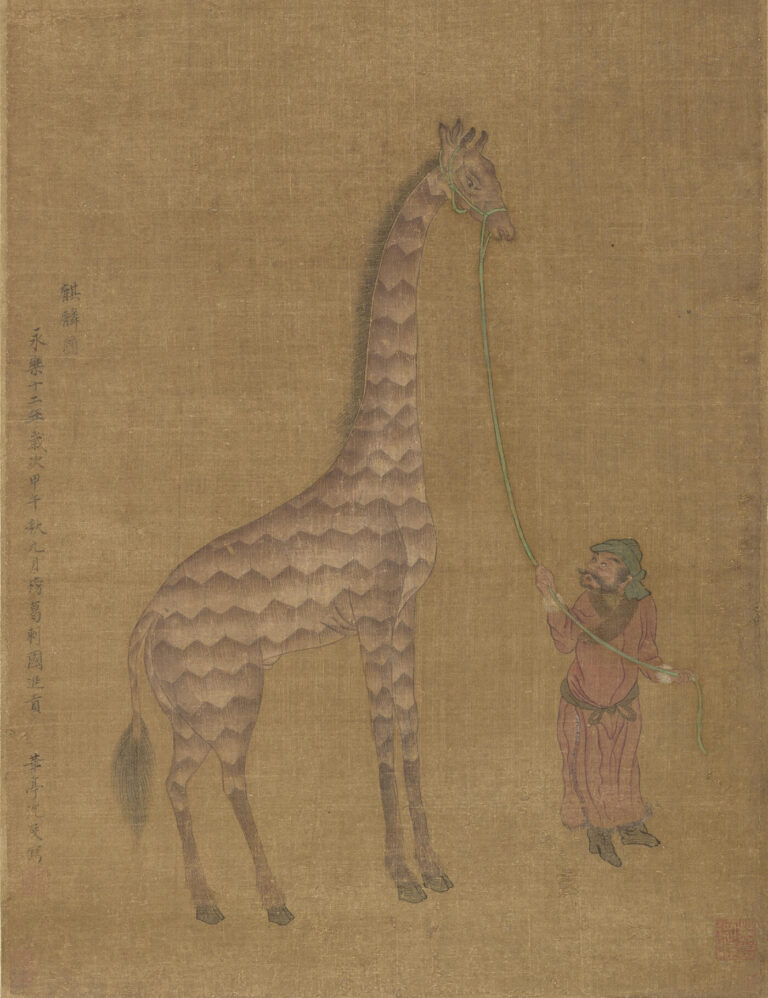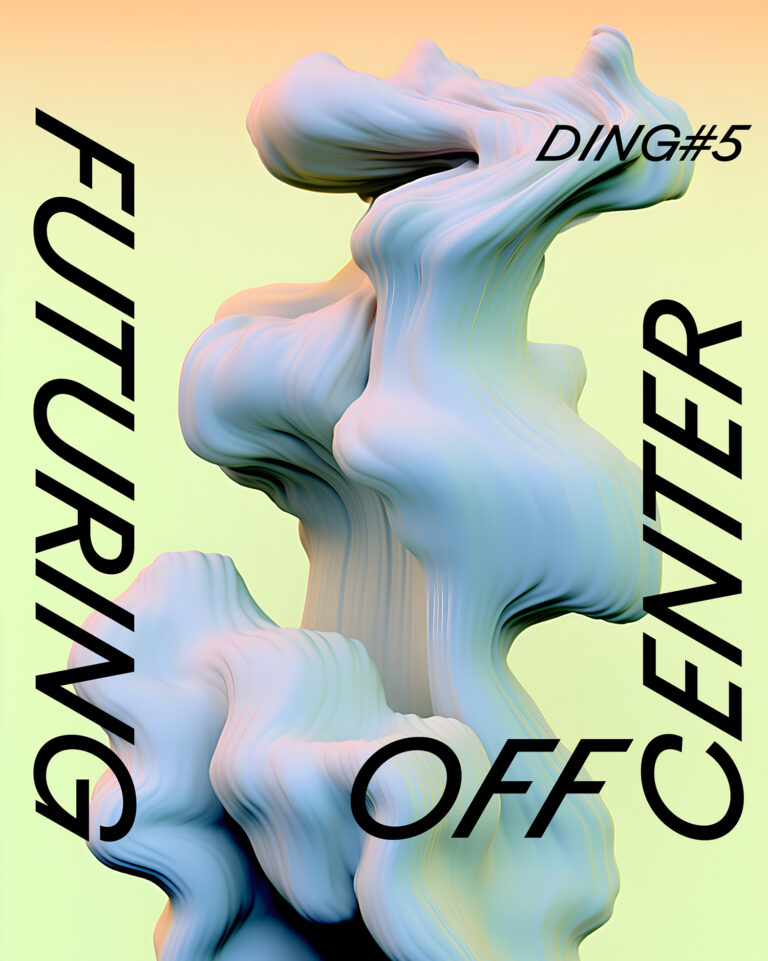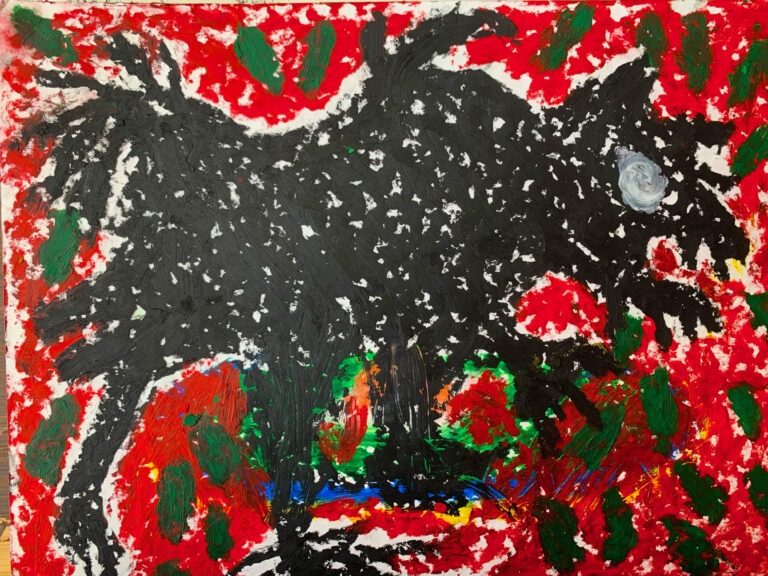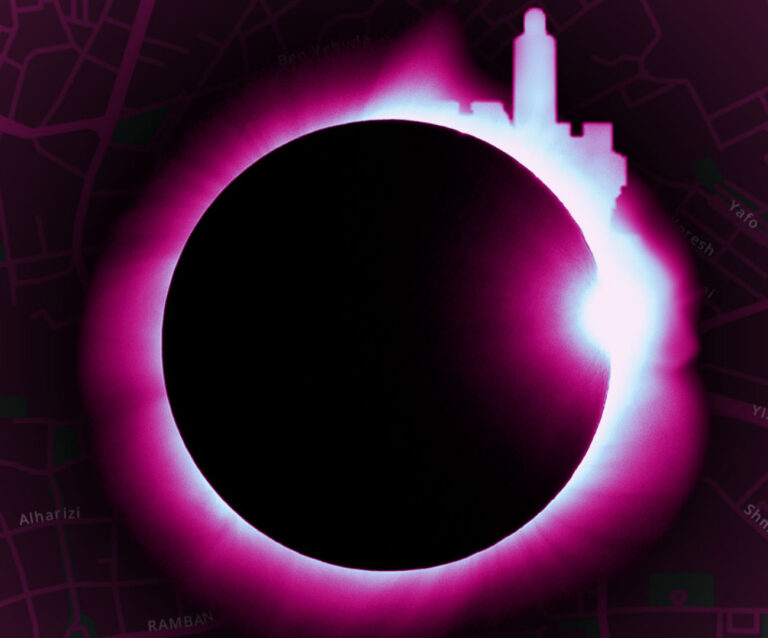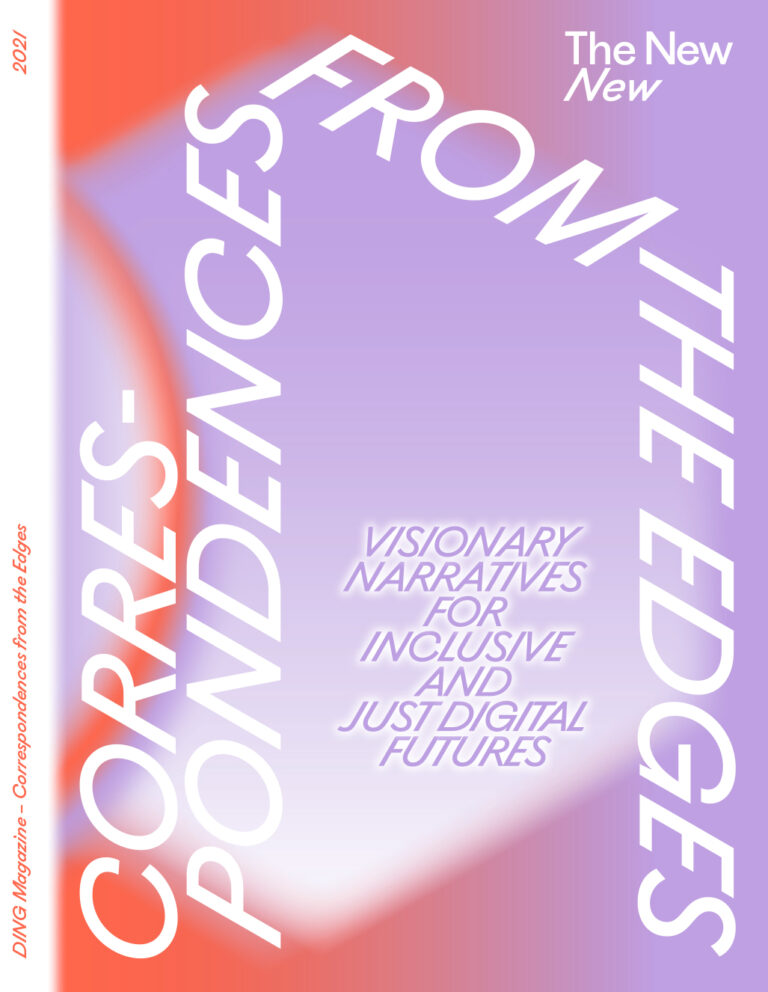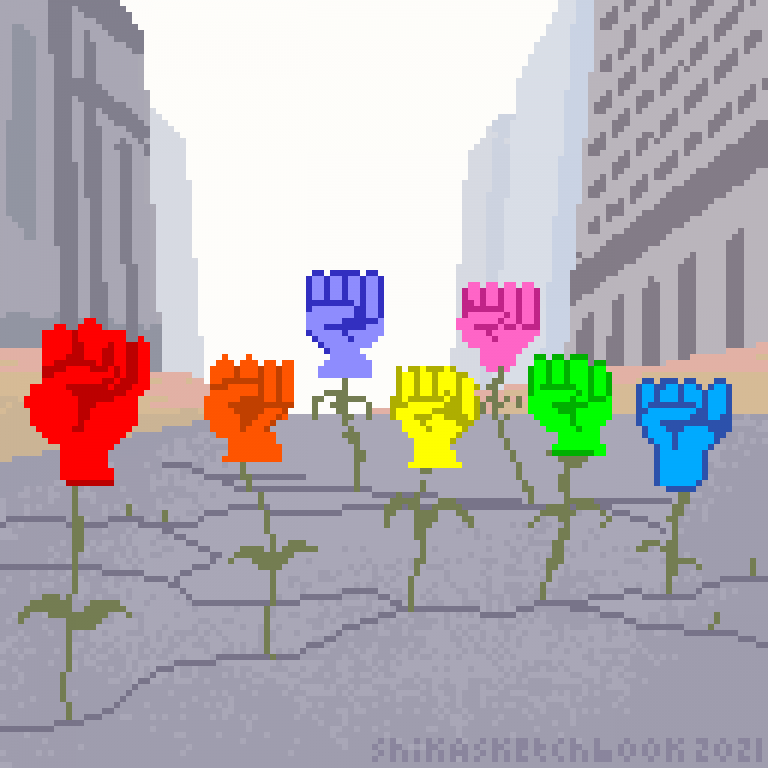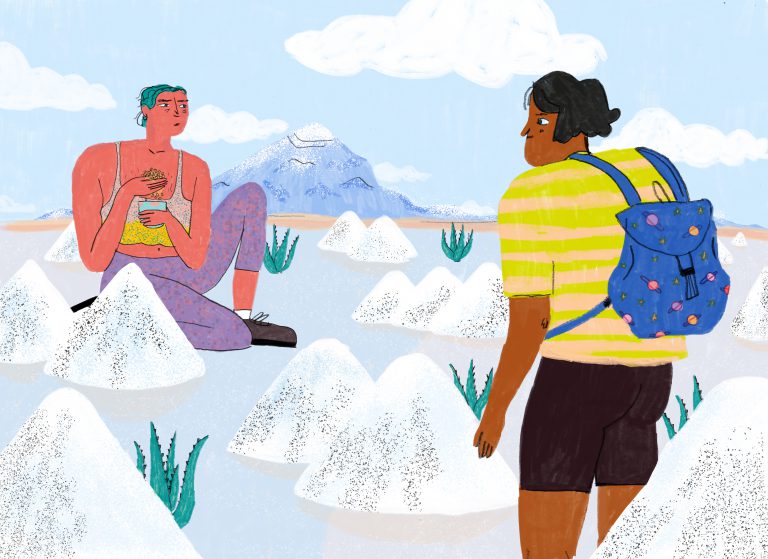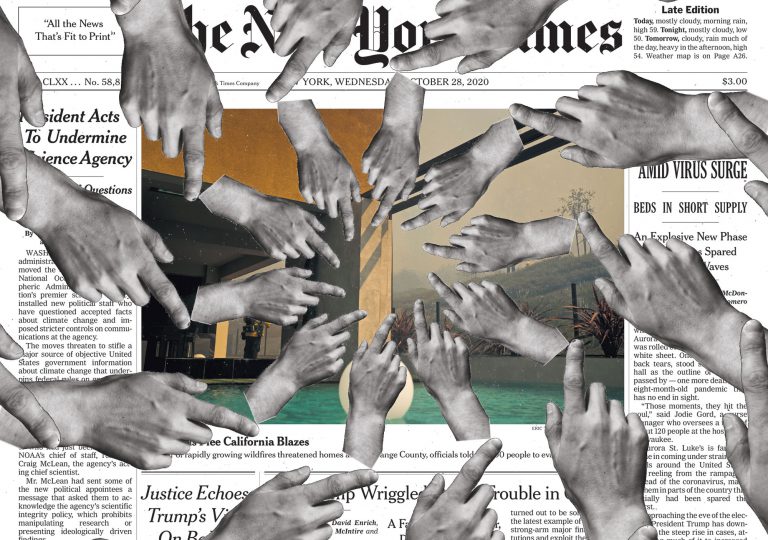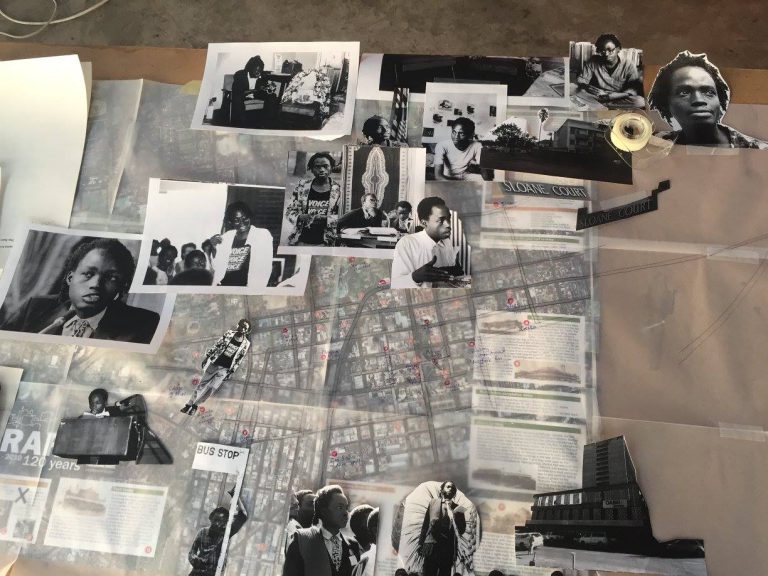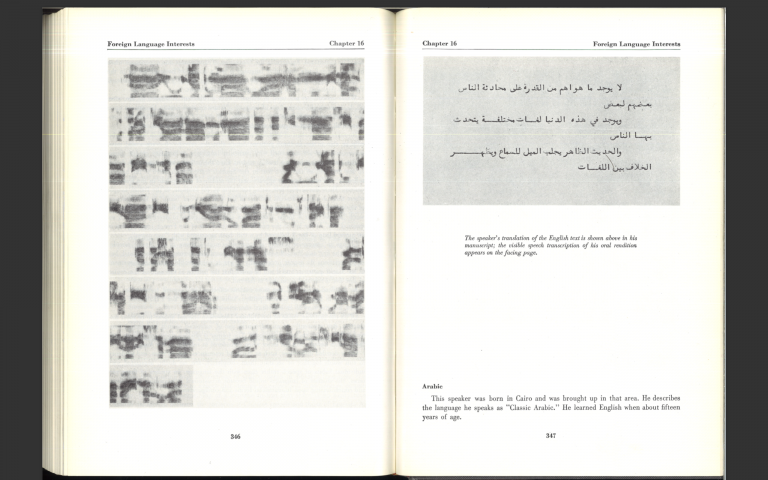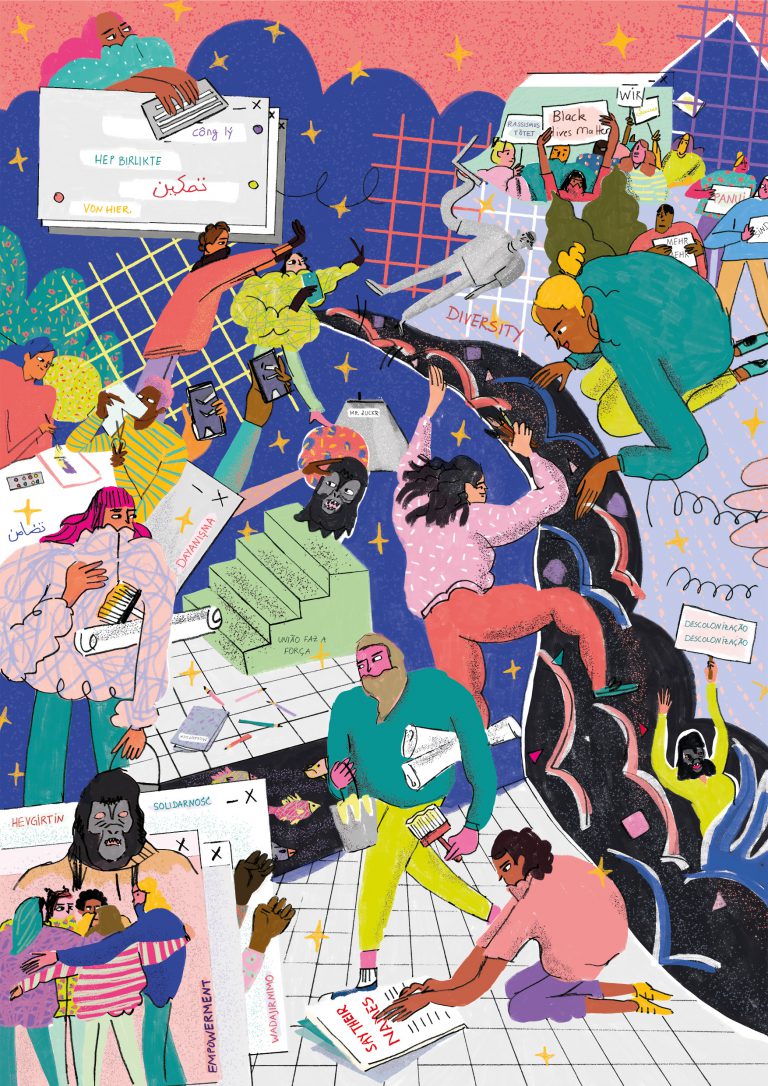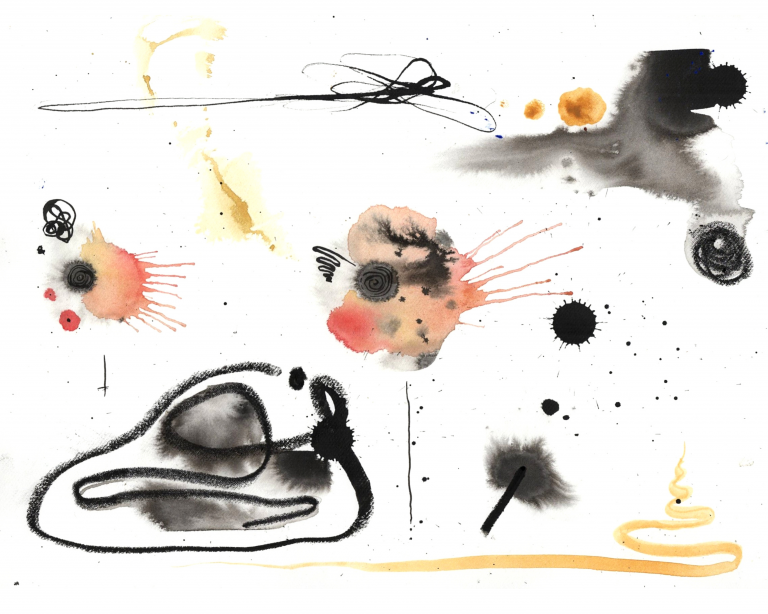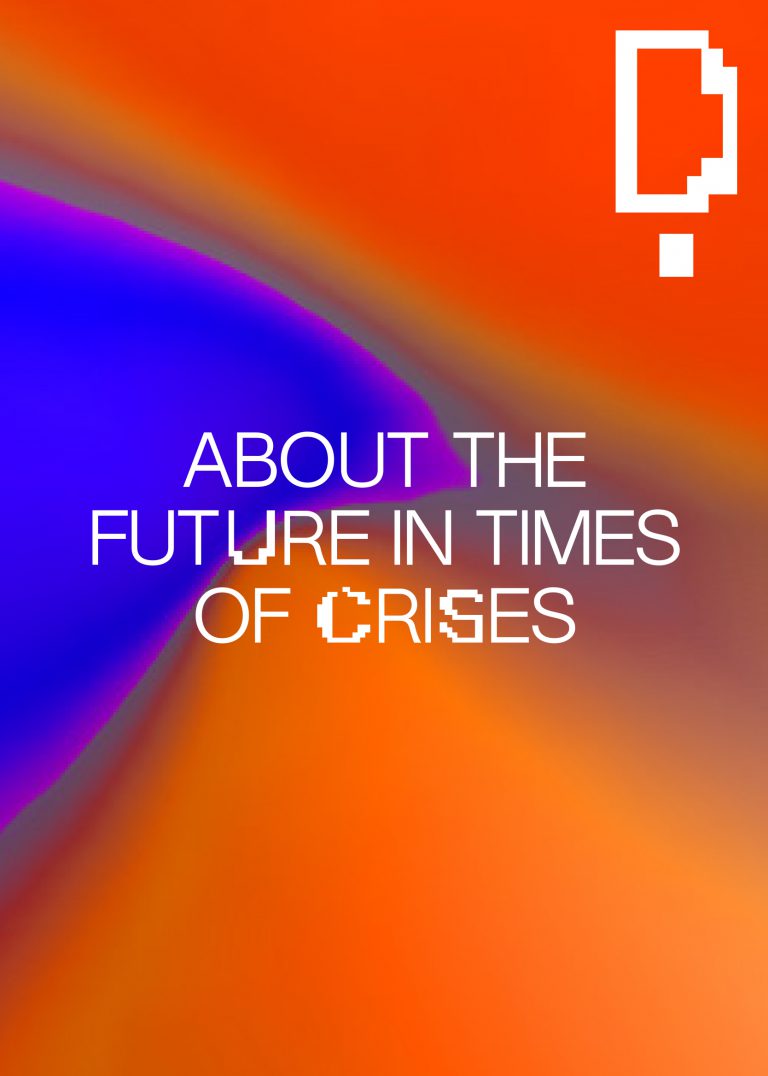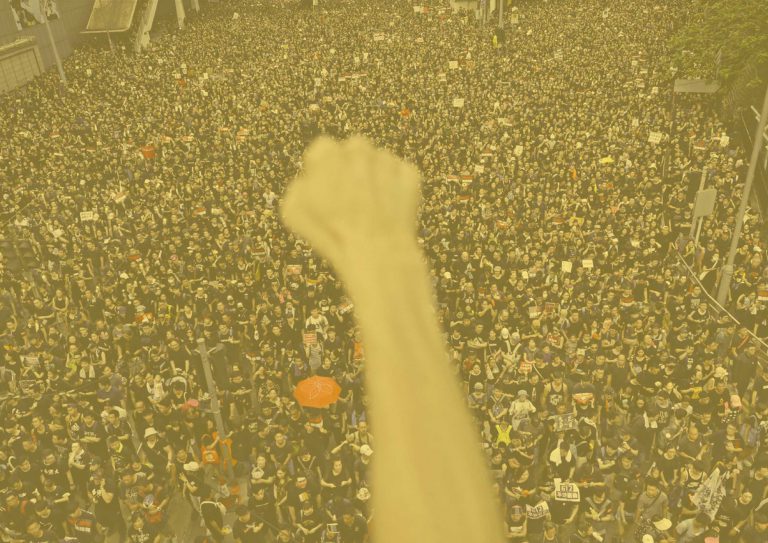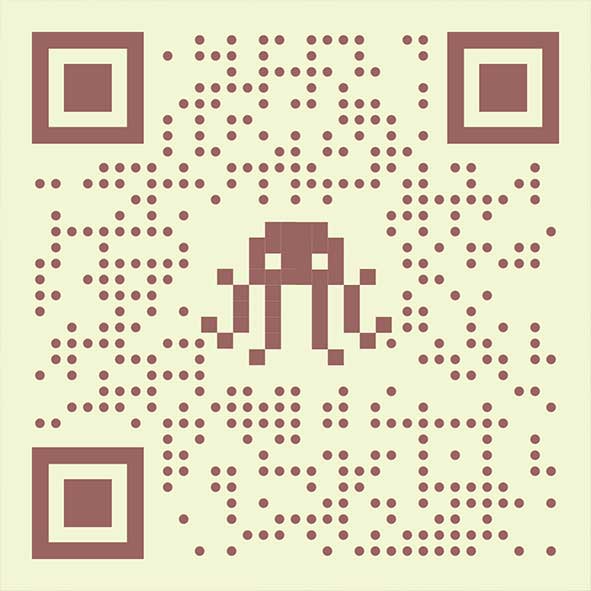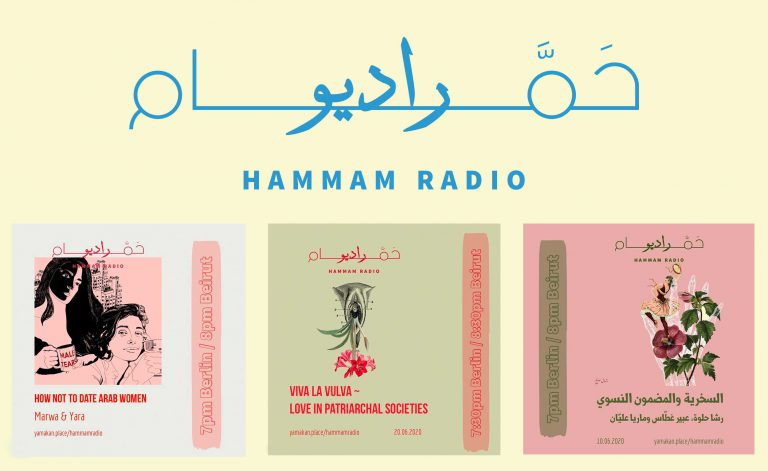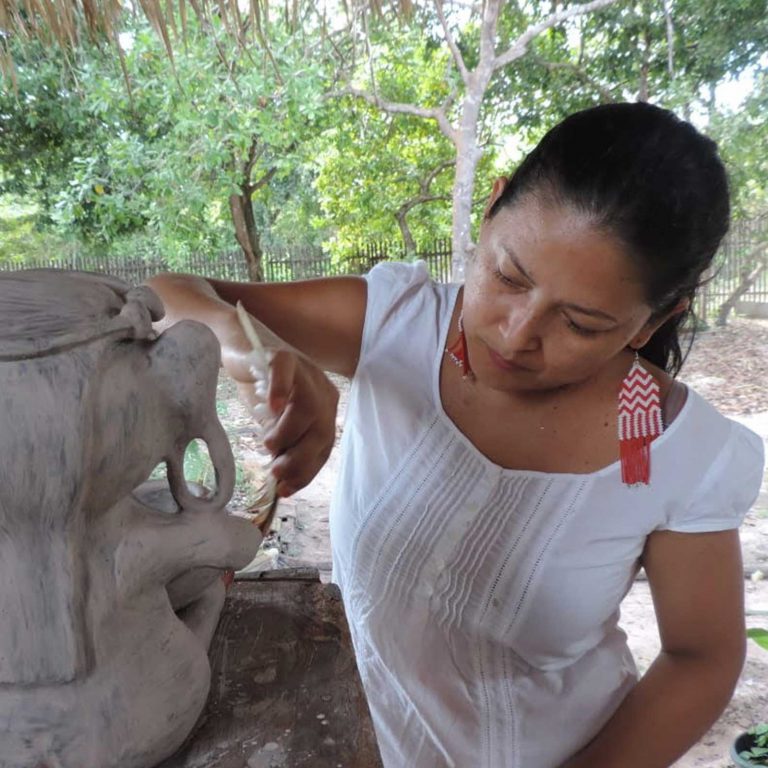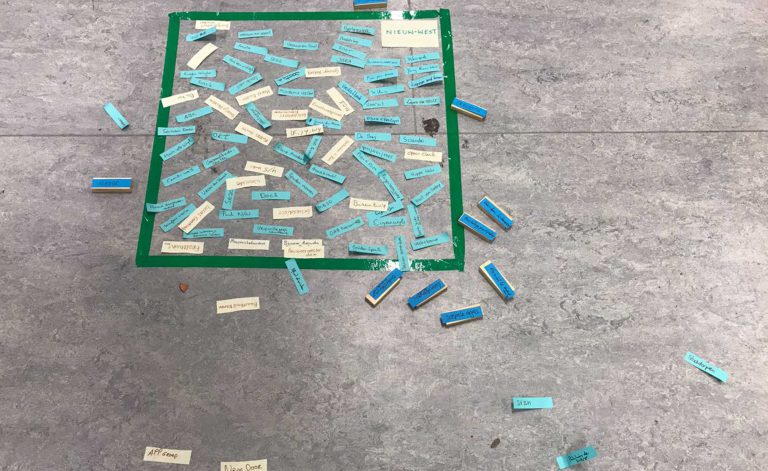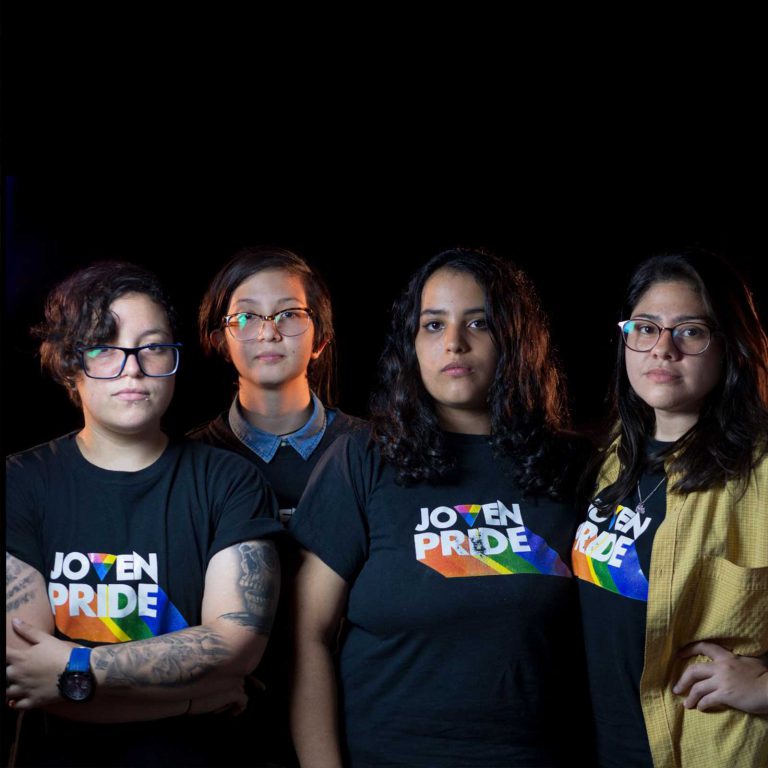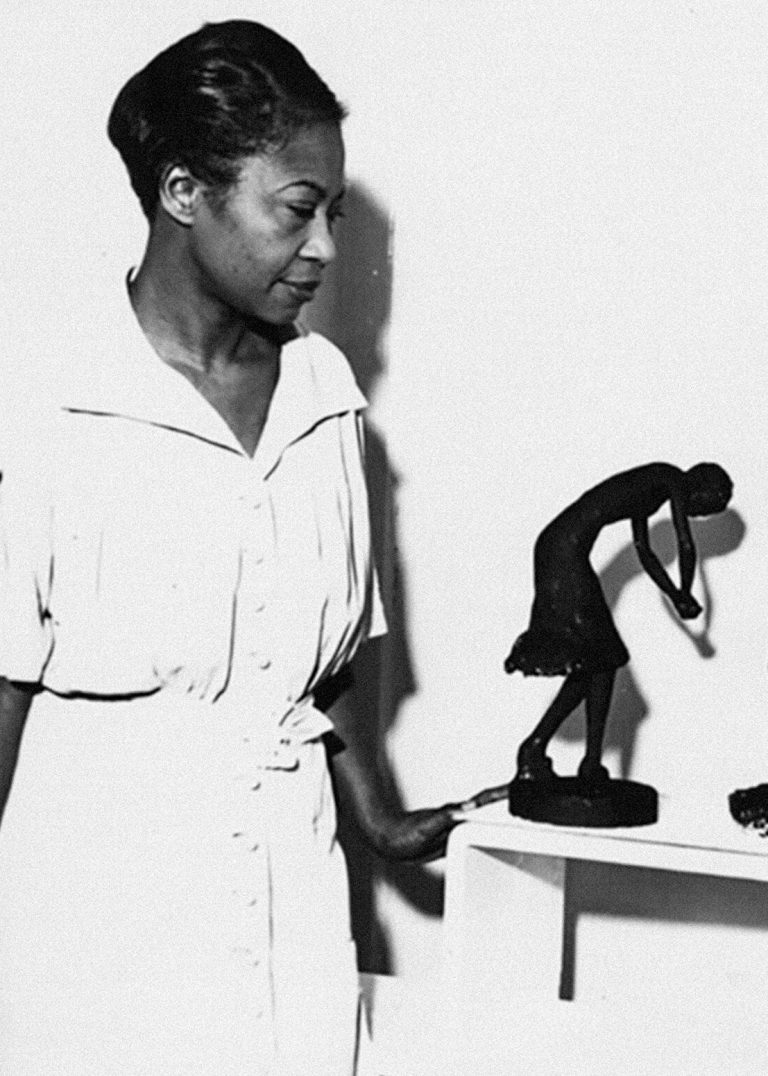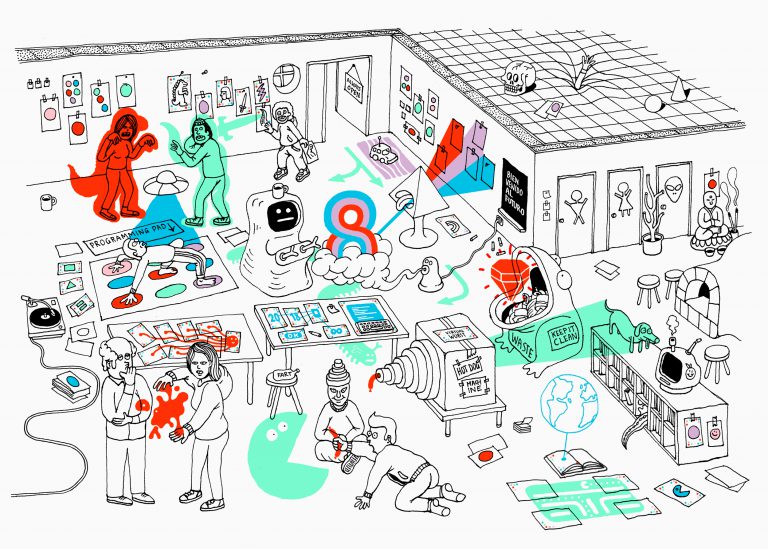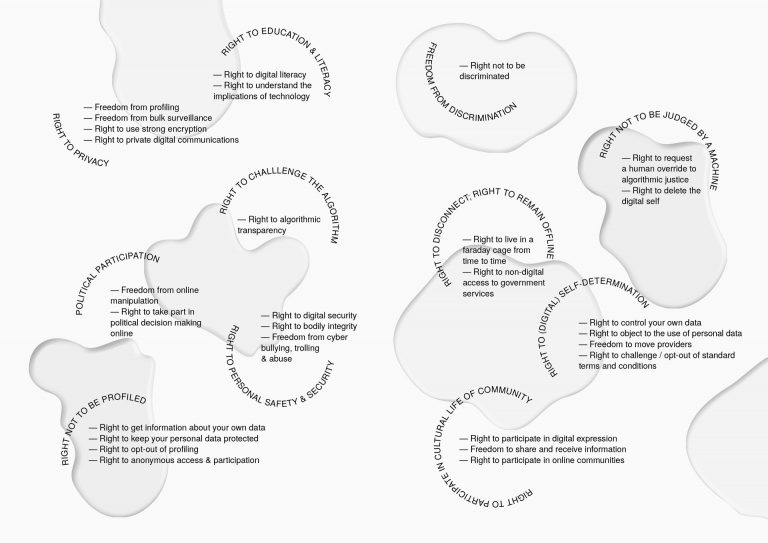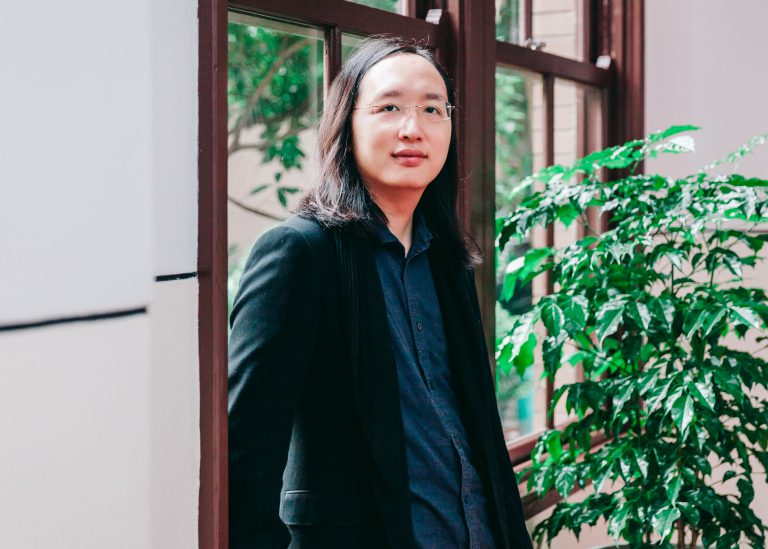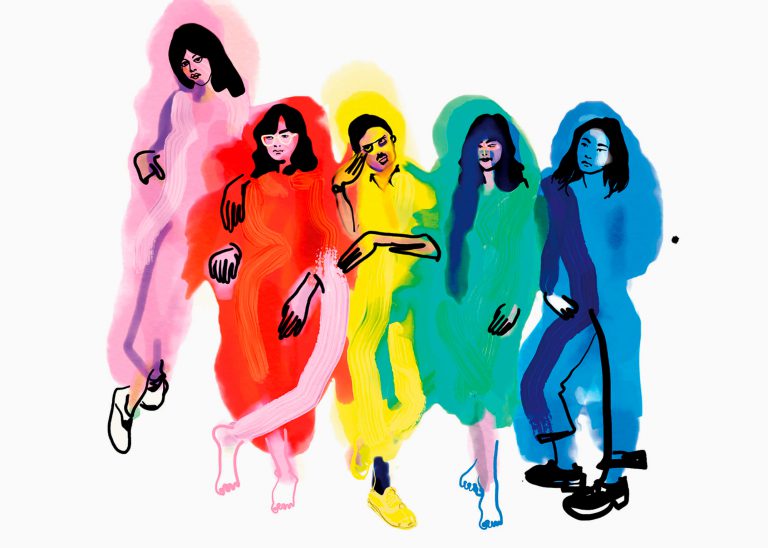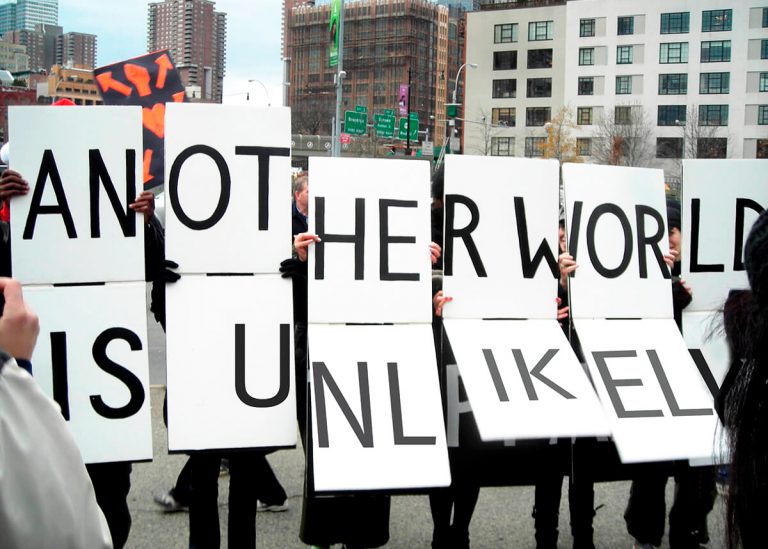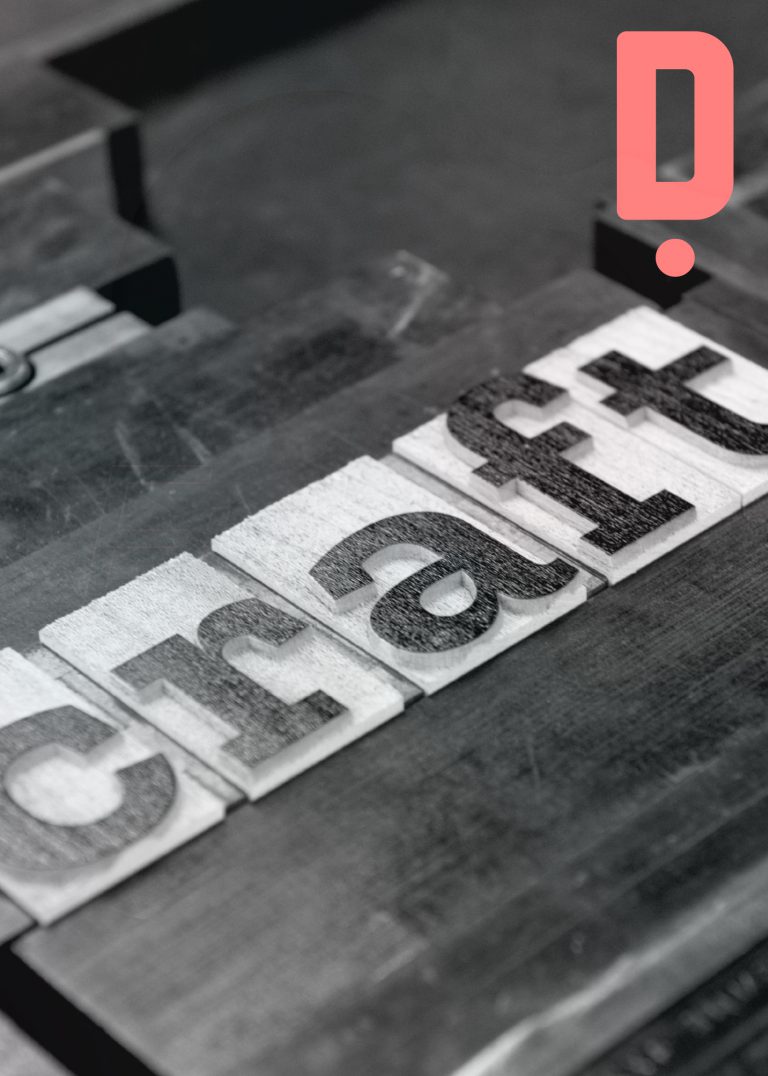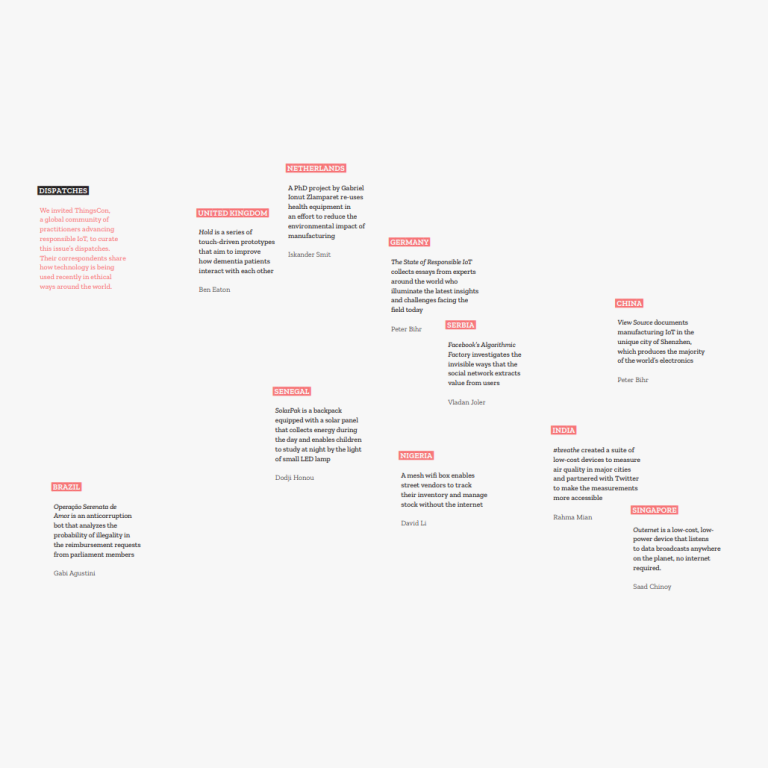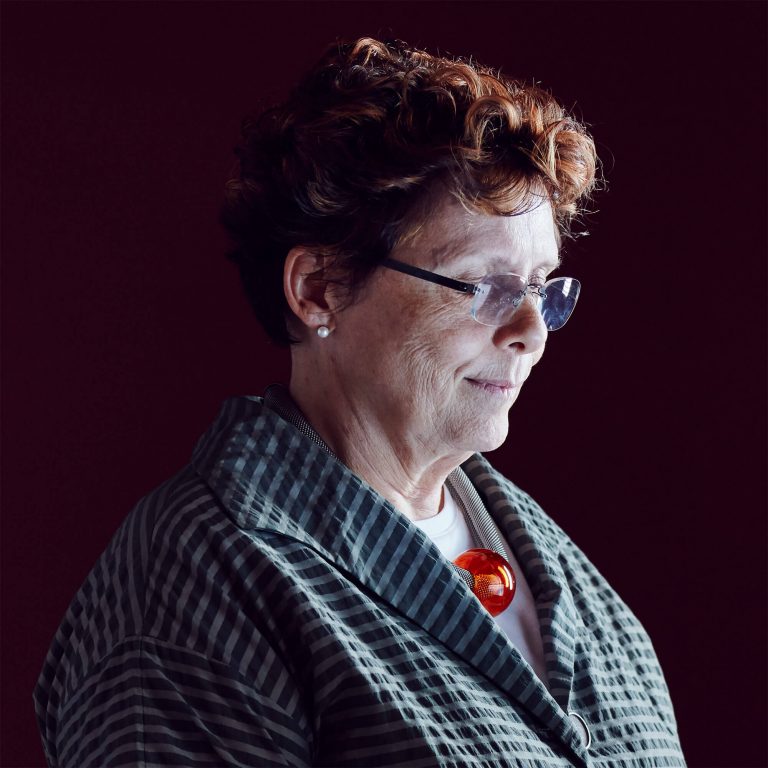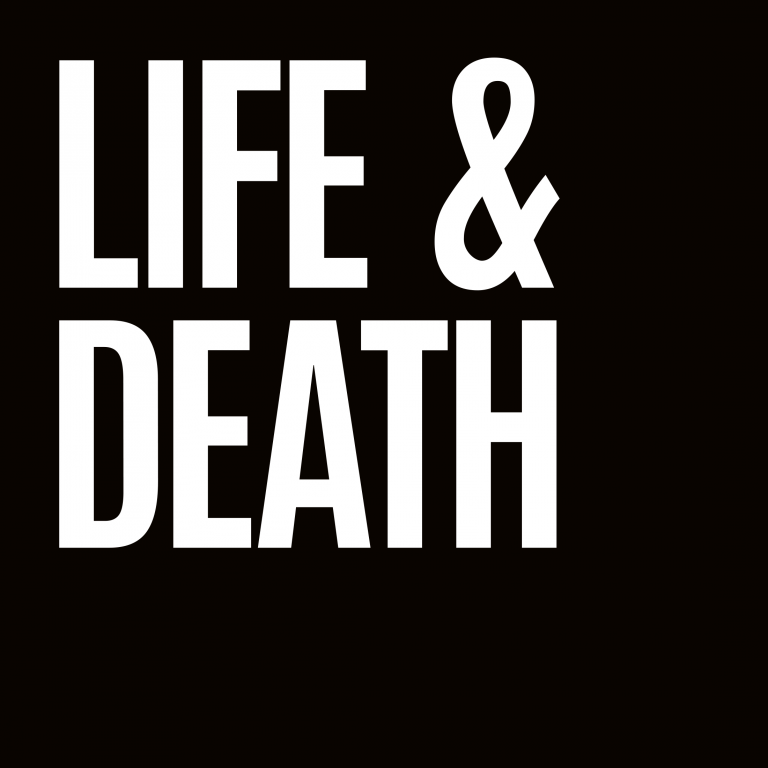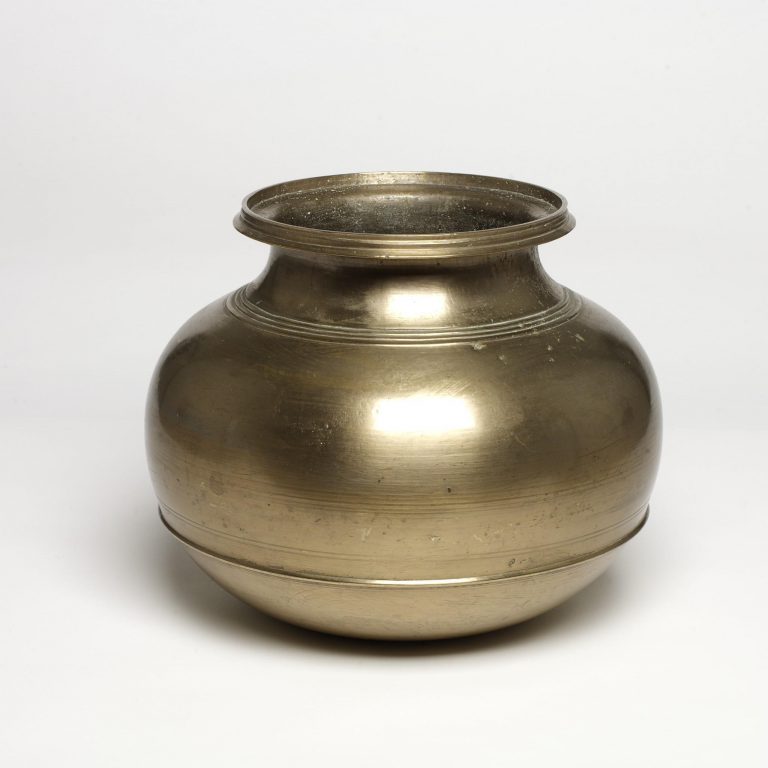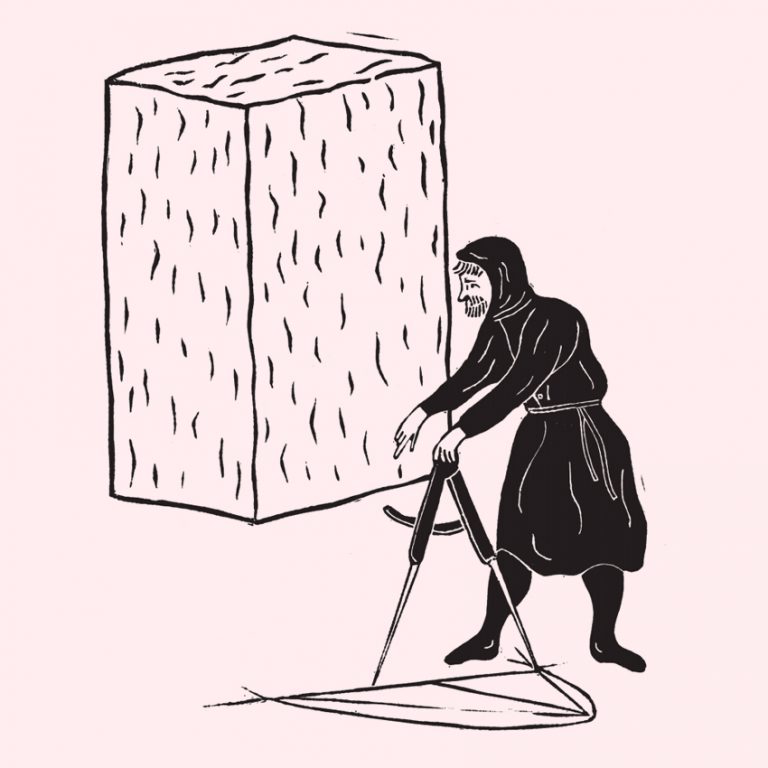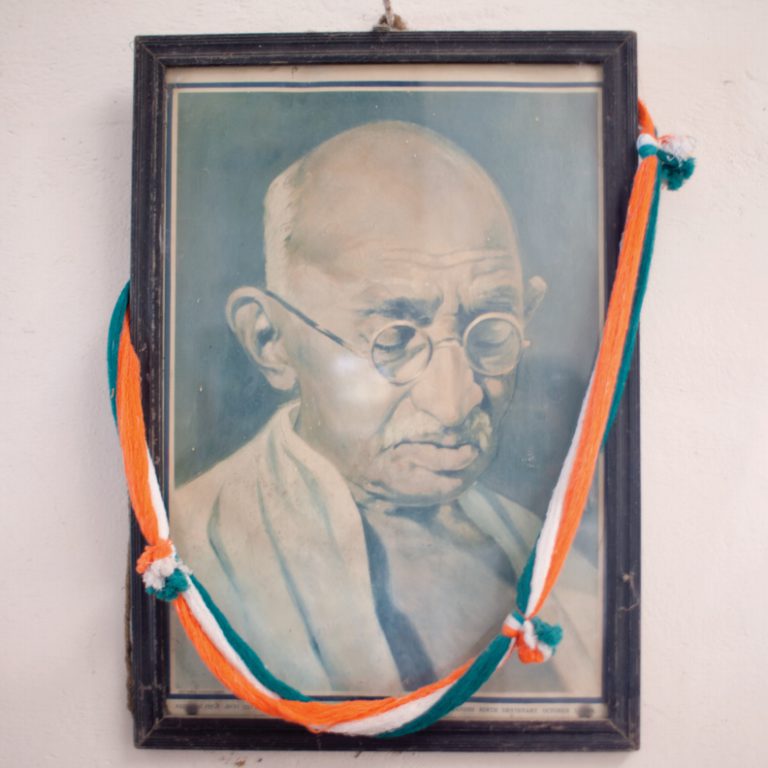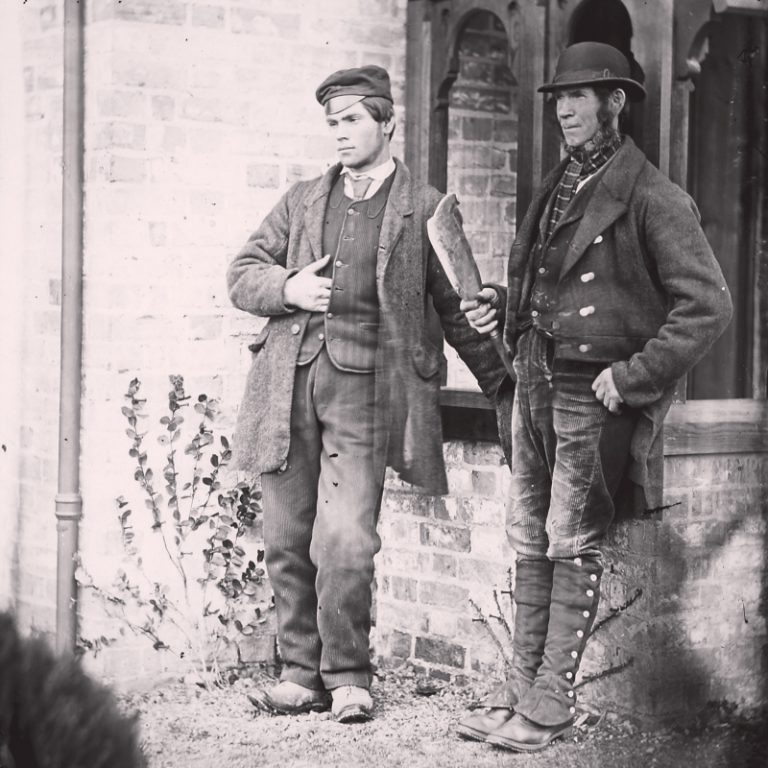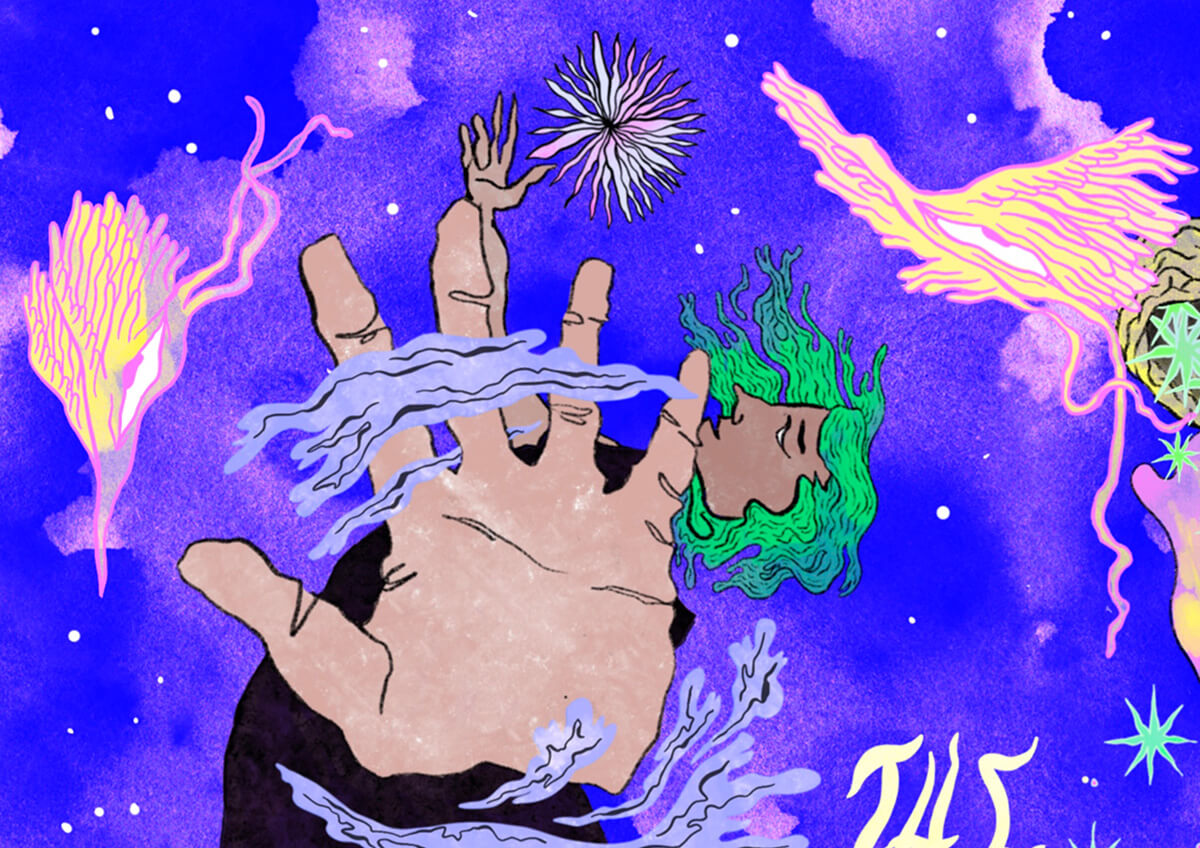
In this essay Iryna thinks about collective refusal, touch and desire. “No” is an invitation to notice human and more-than-human bodies who are resisting undesirable touches. To join them, us, to imagine and embody the touches that heal and multiply possibilities for life.
I’ve been thinking about touch, desire and saying “no” recently. I am sure you have said “no” many times and I am sure you have been told “no” many times, too. Maybe this is something you’ve done together with others? Do you remember what saying “no” collectively felt like in your body?
Since September last year, I’ve been dancing contact improvisation, a dance without a predetermined structure. Its structure emerges in the process — the structure is the process. At the heart of contact improvisation is touch: its initiation, development and ending. We continuously (re)negotiate the nature of our touch, with each other and the movement itself: now I give weight, then I receive weight, I follow someone, they follow me. I jump, fall, roll, slide. I become still and move again. I stay still until the next movement emerges. The possibilities are, if not endless, limited only by our imagination, movement lexicons, desires and fears.
No matter how therapeutic this movement has been, it kept bringing me back to Russia’s war against Ukraine, making me think of it through touch.
Touch is desire’s extension in the material world. I feel this when a desire to touch my lover’s face rushes through my body, as we meet after a long time apart. I feel the material extension of desire, not my own, as I lay in the corridor of my empty childhood home in central Ukraine during an air raid alert, 15 months into the full-scale war. The corridor is the second best (after a proper shelter) place to be, two walls between my body and the outer world that may come crushing in. Anxious for it¹ to be over, I think as I lie there.
Russia makes its imperial desire to dominate and kill palpable through its aggressive, delirious touch. This desire stretches to me, my land and the life in it through disgusting, painful touches. A Russian rocket violently lands upon a home in Kyiv — warm bodies, spilling blood; dust, future plans and human remains in the air. A rocket lands in a vegetable garden in Bakhmut, wrecking the land, the plants grown with human support and on their own, glaring holes left behind. An explosion blast wave shatters windows in Mykolaiv, sending shards of glass flying, piercing all permeable surfaces. Noli me tangere,² we insist. But who is listening?
Dance teaches me that, in an ideal circumstance, I can withdraw from touch at any time. War isn’t an ideal circumstance, yet we must withdraw from Russia’s imperial touch to save ourselves. Collective refusal is simple in touch-terms: there should be no Russian military stepping on our land, no Russian missiles hitting us. “No” won’t make the war go away, but it is an opening move, meaningful only if other actions follow.
In contact improvisation, rejection of touch is part of the dance. “No” invites another movement. This “no” creates friction. Our bodies aren’t simply giving into this violence, they’re resisting. Against being outnumbered, out-resourced, out-what-ever-else. This “no” is raw and fervent — it scratches my throat when I speak it and suffocates me from within if I don’t. It is followed by a comma, followed by a verb, I/we disentangle my/our-selves from the imperial grip. It is a “no” dripping in my saliva with every ы, every э, every ё, every ъ³ that has ever been in my mouth, as I spit them out, one by one, onto the ground. T’fu.⁴ I am not letting my body be a vessel for their language. Plucking the letters that should not have been there in the first place out of my body is also a gentle dismantling.
It is a “no” on behalf of those whose refusal to die is rendered invisible, because we say words like “ecocide,” but do not keep those causing it accountable. We say no to their desire to control, to dominate, to impose their sense of the world, to continue folding our land and our bodies into their exploitation machine. It’s a “no” that affirms the desire to thrive, it’s a “no” that will sprout a billion bright flowers on the steppe slope. Not all desires are legitimate. Some inflict damage and flatten living worlds, extracting every drop of value. Becoming selectively untouchable seems like a worthwhile political project to preserve life.
I am not interested in individualising the refusal. I am interested in building collective power to refuse undesirable touch, with my feminist sisters and critters of all kinds across the world who are carefully carrying out the labour of refusal. Ni,⁵ no, kao,⁶ жоқ,⁷ لا,⁸ არა,⁹ níl.¹⁰ I am grateful to those who protect more-than-human worlds from undesirable touch: people chaining themselves to trees, saving them from the touch of a chainsaw; people going into the flood waters of the Nova Kakhovka dam explosion to rescue the non-human creatures co-dependant on people’s care; people protecting the remaining bits of Ukrainian steppe.
This is an invitation to notice human and more-than-human bodies who are resisting undesirable touches, to join them to imagine and embody the touches that heal and multiply possibilities for life.
There is no easy way through this. As we dance on, there is repair, regeneration and revitalisation work to do.
“We will rave on putin’s grave” reads one of the posters at the #StandWithUkraine demonstration. I nod in anticipation, there will be a lot of dancing, but first we need to survive and win this war. Our vitality right now depends on our collective capacity to say no to the deathly touch.
“We will rave on putin’s grave” reads one of the posters at the #StandWithUkraine demonstration. I nod in anticipation, there will be a lot of dancing, but first we need to survive and win this war. Our vitality right now depends on our collective capacity to say no to the deathly touch.
1. “It,” as in each and all of these: the air raid alert, but also the war, but also the centuries of Russia’s imperialism.
2. Noli me tangere (“touch me not”) is the Latin version of a phrase spoken, according to John 20:17, by Jesus to Mary Magdalene when she recognized him after his resurrection.
3. Ukrainian and Russian languages share Cyrillic alphabet. These are the letters that exist in Russian, but not in Ukrainian
4. T’fu is the Ukrainian word to describe the act of spitting
5. No in Ukrainian
6. No in te reo Māori
7. No in Kazakh/Qazaq
8. No in Arabic
9. No in Georgian/Kartvelian
10. No in Irish
